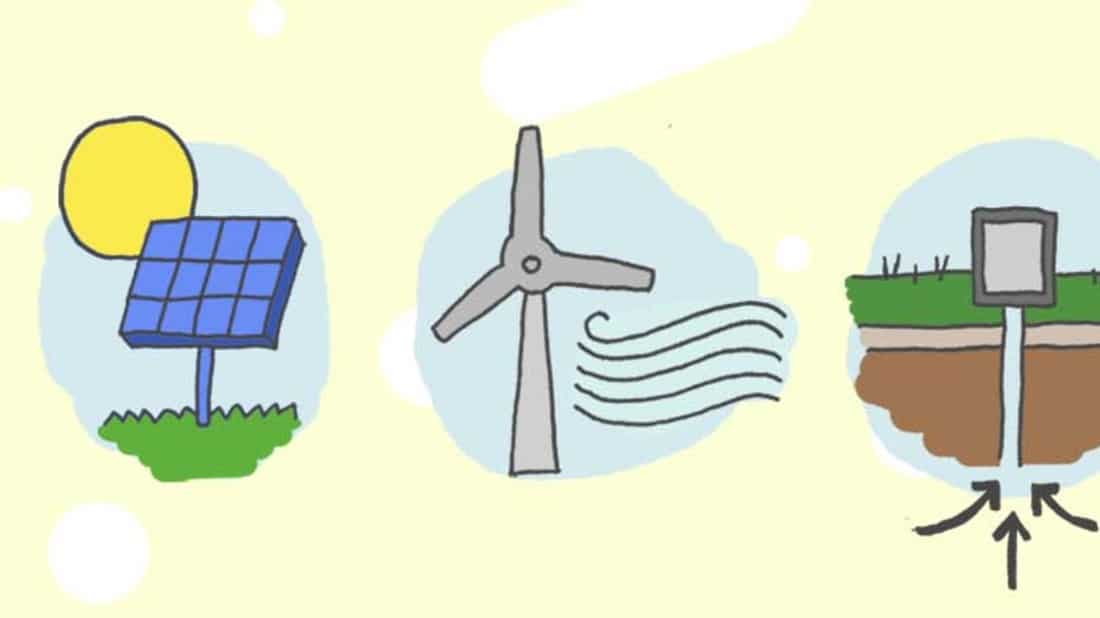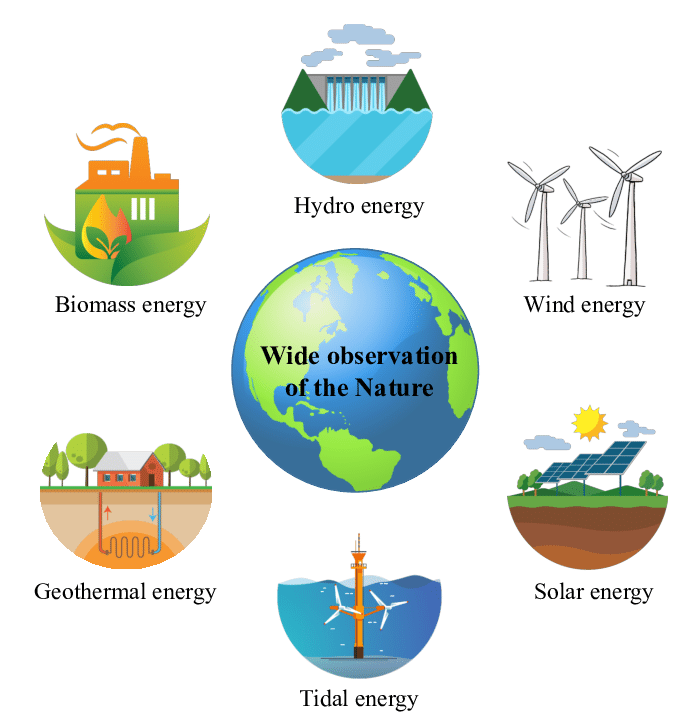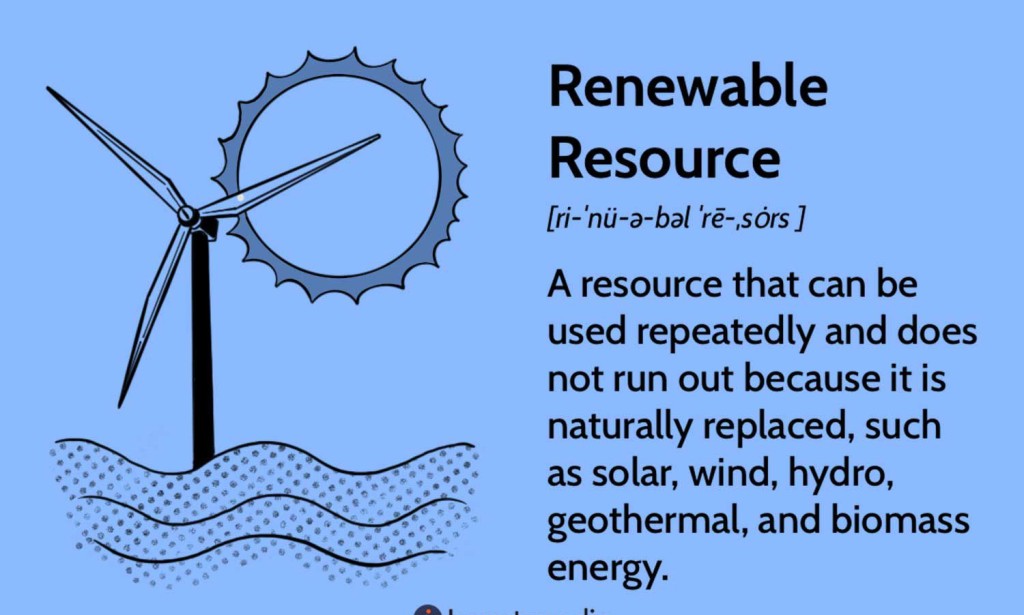Table of Content
- Solar energy
- Wind energy
- Hydropower
- Geothermal energy
- Biomass energy
As the world faces the challenges of climate change and the depletion of traditional fossil fuel reserves, the need for a transition to renewable energy sources has become more urgent than ever. Renewable energy offers a promising solution to combat greenhouse gas emissions, reduce reliance on finite resources, and create a sustainable future for generations to come. In this article, we will explore various renewable energy sources and their potential to reshape our energy landscape.

Solar Energy:
Solar power is one of the most abundant and accessible sources of renewable energy. It involves capturing the energy emitted by the sun and converting it into electricity or heat. Photovoltaic (PV) panels, comprised of semiconductor materials, convert sunlight directly into electricity, while solar thermal systems capture heat for water heating or space heating. Solar energy is not only environmentally friendly but also offers significant cost savings in the long run, making it a viable option for both residential and commercial use.
Wind Energy:
Harnessing the power of wind has proven to be another viable renewable energy source. Wind turbines convert the kinetic energy from the wind into electrical energy through a generator. Onshore and offshore wind farms are increasingly being deployed worldwide, taking advantage of windy regions and advances in turbine technology. Wind energy has a low carbon footprint, and with ongoing technological advancements, it has become more efficient and cost-effective, making it a key player in the transition to renewable energy.
Hydropower:
Hydropower, derived from the force of flowing or falling water, has been utilized for centuries. It involves the construction of dams or diversion structures to capture the energy of rivers and convert it into electricity through turbines. Hydropower provides a reliable and constant source of renewable energy, and large-scale hydroelectric projects have the capacity to generate significant amounts of power. However, concerns about ecological impacts and displacement of communities have led to increased focus on smaller-scale, low-impact hydropower installations.
Geothermal Energy:
Geothermal energy harnesses the heat from the Earth's core and is used for power generation and heating. It involves tapping into geothermal reservoirs through wells and using steam or hot water to drive turbines and produce electricity. Geothermal energy is a clean, reliable, and abundant source that can be utilized in areas with high geothermal activity. With proper resource assessment and technological advancements, geothermal power has the potential to provide a substantial contribution to the renewable energy mix.
Biomass Energy:
Biomass energy utilizes organic matter such as wood, agricultural residues, and dedicated energy crops to generate heat and electricity. Biomass can be burned directly or converted into biofuels, biogas, or syngas through various processes such as combustion, gasification, or anaerobic digestion. While biomass can be a renewable energy source, its sustainability depends on responsible sourcing to prevent deforestation and ensure that it does not compete with food production. Biomass energy offers a way to utilize organic waste streams effectively and reduce greenhouse gas emissions.

The development and adoption of renewable energy sources are crucial for a sustainable future. Solar, wind, hydropower, geothermal, and biomass energy offer a diverse range of options to reduce our dependence on fossil fuels and mitigate the environmental impacts of energy generation. Furthermore, advancements in technology, increased investment, and supportive policies are driving the growth of renewable energy worldwide. By embracing these clean and abundant sources, we can pave the way for a greener and more sustainable planet, ensuring a brighter future for generations to come.


You must be logged in to post a comment.